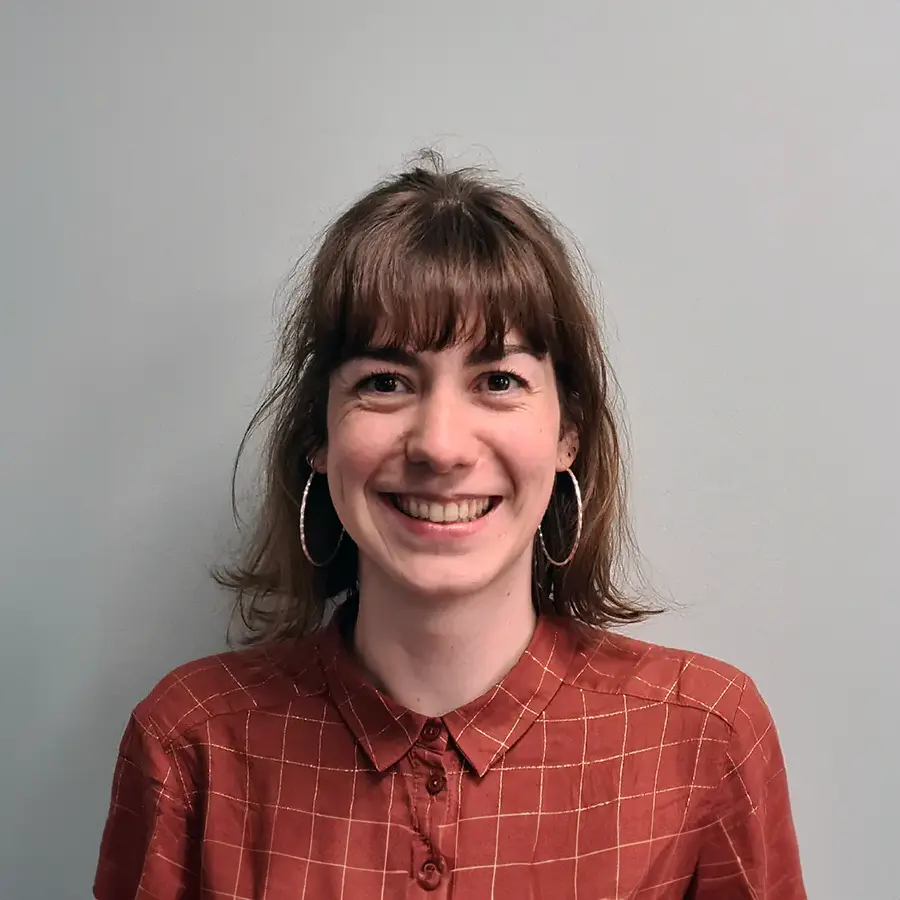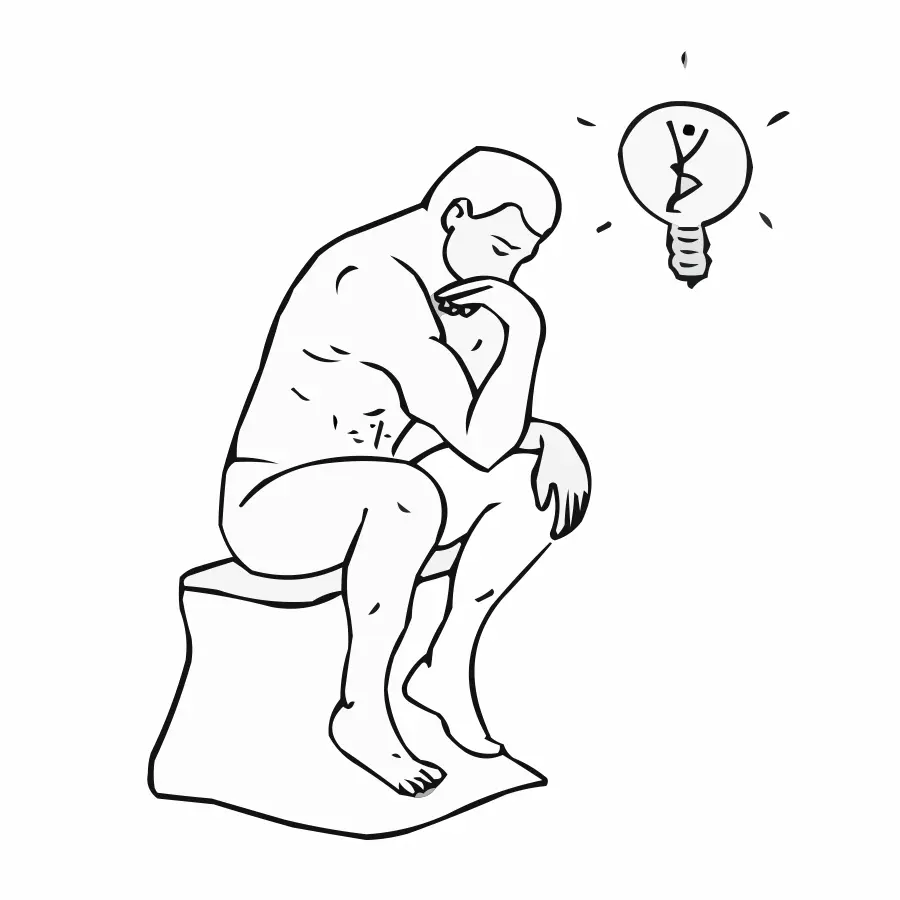Philosophy and Physiotherapy
The CEERRF is proud to have dedicated professionals committed to the research and advancement of physiotherapy among its teaching staff. Céleste Rousseau, a trainer at CEERRF, exemplifies this commitment. Specializing in the physiotherapy of musicians, Céleste is also a passionate researcher exploring the intersection between philosophy and physiotherapy..
As a lead in work methods and research in the humanities and social sciences within our institute, she is actively involved in several scientific associations, including the (SFP). Through her participation in the “Philosophy & Physiotherapy” interest group, she delves into the philosophical and ethical foundations of our profession.
For our students, the involvement of our educators in such groups offers significant educational value. It not only provides them with deeper insights into physiotherapy but also encourages the development of critical and ethical thinking.
Here is the testimony and invitation from Céleste Rousseau to participate in the next meeting of this group, offering a valuable opportunity to broaden our knowledge and share experiences.


The French Society of Physiotherapy (Société Française de Physiothérapie – SFRP) has several subgroups called interest groups. As of October 2024, there are currently six: Pain, Geriatrics, Neurology, Public Health, Rehabilitation and Amputation, and Philosophy and Physiotherapy.
At the beginning of 2023, three physiotherapists, Aurore Mambriani , Arthur Filleul and myself, Céleste Rousseau, transversal manager at CEERRF, decided to create the Philosophy and Physiotherapy interest group to address what we considered a growing need within the profession. Indeed, while we may quickly think of bioethics issues—which can hardly be separated from philosophy—there are a multitude of questions raised by physiotherapy, much like in medicine. While there is a philosophy of medicine, the philosophy of other health professions, or more specifically, the philosophy of physiotherapy, is still in its infancy but growing. However, touch, the relationship to the body, consent, the construction of scientific knowledge, refusal of care, death, and many other concepts have been discussed by philosophers before us, and it is up to us to utilize these ideas to better understand our practice, whatever it may be.
Last month, a brief editorial titled: Practicing physiotherapy without philosophy: you Kant do it ! was published in Kinésithérapie La Revue. (Note here that we will not presume to create a “Humor and Physiotherapy” interest group, as other colleagues are already doing so quite well, fortunately). These editorial addresses some of the questions that may be ours and discusses how philosophy, as a rational and critical discipline, can shed light on our practice, whether clinical, teaching, or research-related. You can read this editorial here. Feel free to write to us and share your thoughts!
Today, the interest group is growing, with 71 members to date, and the very first GI day will take place on October 26, 2024, at Atelier Physio Sport, Rue du Grand Prieuré, in Paris.
If your heart and mind are inclined, you can join us here.
Céleste Rousseau, for the GI Philosophy and Physiotherapy

Céleste Rousseau’s active participation in the “Philosophy and Physiotherapy” interest group of the Société Française de Physiothérapie highlights the dynamism and expertise of the CEERRF’s teaching team. Her involvement directly benefits our students by providing an education enriched with deep reflections on ethics, clinical practice, and the foundations of physiotherapy. CEERRF strongly encourages its students to engage in these initiatives to broaden their perspectives and contribute to the development of an enlightened and humanistic approach to physiotherapy.
